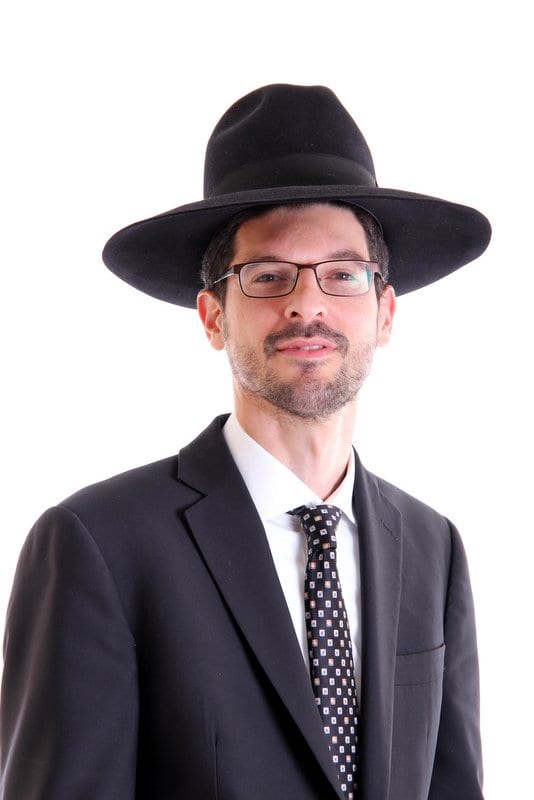
“I have been offered a wonderful shidduch (prospective marriage partner) but I am very young and not ready to get married. On the other hand maybe I should go for it in case I never get such a good offer again?”
“I am very busy at work and I do not have capacity to take on new clients. However perhaps I should still accept new clients in case I need the business in the future?”
What does the Torah say about dilemmas such as these?
Before sending the manna to the Jews in the desert Hashem tells Moshe
“The people will go out and gather enough for each day ….in order that I can test them to see if they will keep my Torah or not (Shemot 16;4)”
The Jews were to go out every weekday and collect enough manna for that day only. Collecting extra manna for “a rainy day” was forbidden. They were to trust in Hashem that he would provide for tomorrow just as he had provided for today.
Hashem reveals that the adherence to this commandment, regarding the collecting of the manna, would reflect on the wider question of whether the Jews “will keep my Torah or not”. How is it that this single commandment in particular holds within it such significance that it can provide a clue as to whether someone will keep the Torah in general? Clearly the middah of bitachon (trust in Hashem) strikes to the very heart of whether a person is considered a Torah Jew or not.
Yosef had been forcibly uprooted from his homeland and unfairly imprisoned for ten years and yet we find that he did not lose his bitachon.
Yosef points to Hashem as the source of his dream interpreting skills (41;16) whilst later we find that he bears no grudge to his brothers for their callous behaviour towards him, declaring the whole affair to have been divinely ordained (45;5).
Nevertheless we find that Yosef is accused of faltering in this vital area.
When Yosef reveals to the butler that he is to be released from prison he asks him to
“do me a kindness and mention me to Pharoah so that he should take me out of here”
The medrash tells us that because Yosef placed his trust in the butler he was punished with an extra two years in prison.
Many grapple with the question of exactly what Yosef did wrong – surely everyone needs to do their hishtadlut (take positive action) to achieve their goals and not simply sit back and wait for Hashem to perform miracles?
The Chazon Ish (R’ Avraham Yeshaya Karelitz 1878-1953) writes that Yosef’s punishment illustrates a powerful lesson. Whilst it is true that in any area of life at least some hishtadlut might be necessary, not any hishtadlut fits the bill. One needs to make a careful judgement about one’s proposed actions to see if they accord with the subtle laws of bitachon. The butler in prison with Yosef was a high flying Egyptian official. Egyptians were generally considered arrogant (Yeshayahu, 30;7) and not the sort who might display the fine character to remember a lowly Hebrew slave in return for a good deed. Seeking to engage the assistance of such a person was the act of a desperate man. Yosef’s situation might have seemed hopeless but that did not mean that he should take any and every action to achieve his freedom. According to the laws of bitachon one may only take measures with a reasonable chance of success. In a situation where there is apparently no hope we are required to remain calm and await Hashem’s help which could come from anywhere. Whilst Yosef’s actual bitachon may not have faltered writes the Chazon Ish, he made an error of judgement in considering his appeal to the butler to be a form of permitted hishtadlut.
We spend days, months and possibly years trapped in the prison of our own worries, never allowing ourselves to let go, trust in Hashem and enjoy life to the full. Yosef was incarcerated in a real life prison and yet his faith never wavered and his mood never dropped. This begs the question; who is the happier one – the “free” person who is imprisoned by their own worries or the baal bitachon who remains in good spirits despite being locked away indefinitely?







